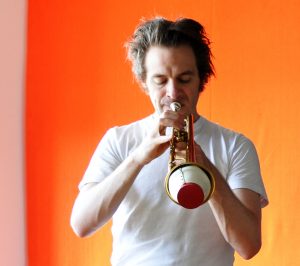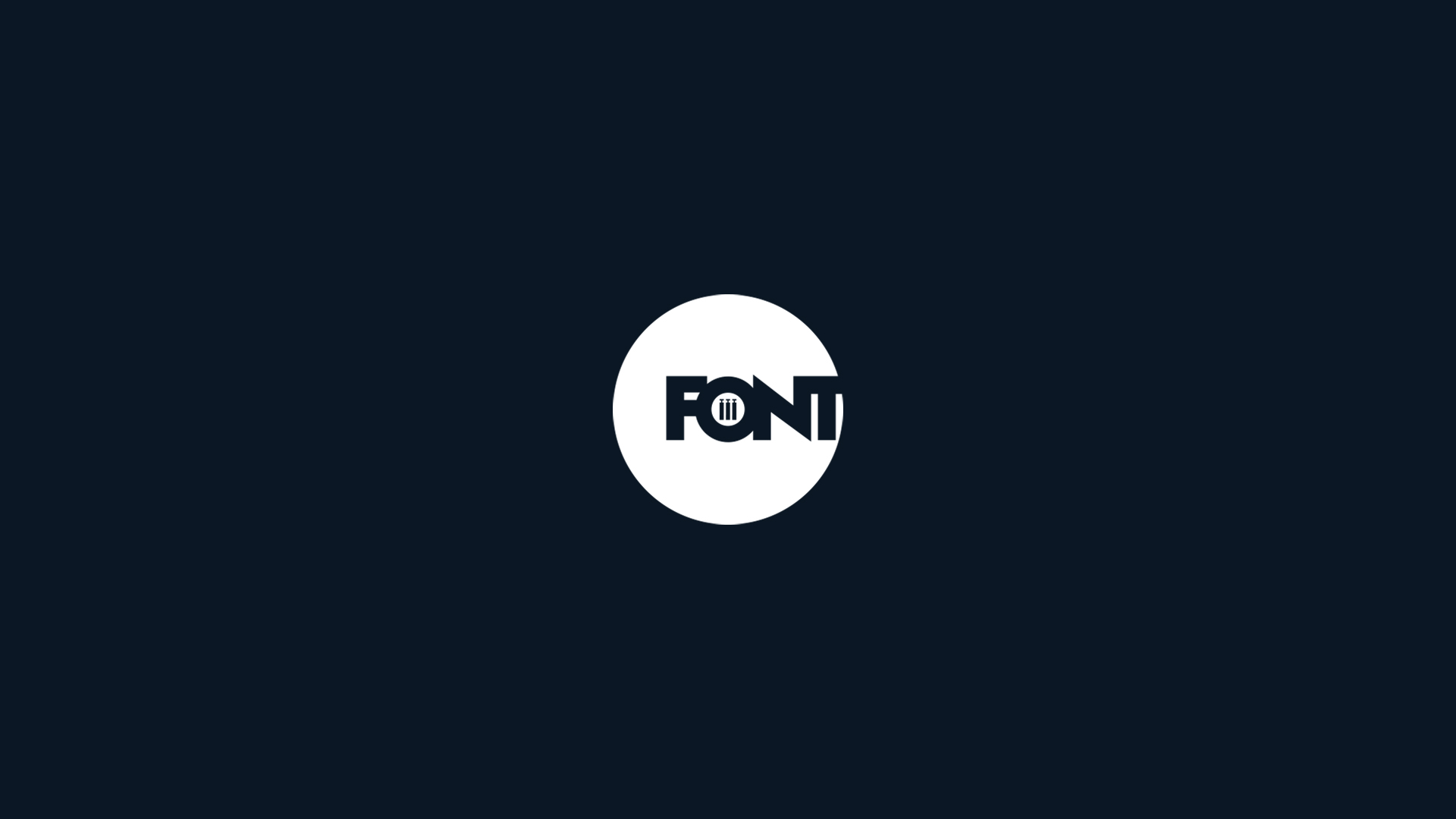Ellwood Epps, co-artistic director of FONT Music Canada performed last night at Cafe Resonance with his trio Pink Saliva. The festival continues tonight:
- Saturday/samedi, March 14th, 21h00
185 Van Horne $15 ($12 with Student ID): Frédéric Demers’ Multi trompettes et folie (Montréal), Aaron Shragge & Ben Monder (New York City), Ingrid Jensen Quartet Featuring Ben Monder (NYC/Montréal). Tickets available at the door ($15/$12-students).
 How did you become a trumpet player? Did you play other instruments before the trumpet? If so, did those instruments inform how you played trumpet? Or did your view of how music is played change once becoming a trumpeter?
How did you become a trumpet player? Did you play other instruments before the trumpet? If so, did those instruments inform how you played trumpet? Or did your view of how music is played change once becoming a trumpeter?
My father and his father had played trumpet, so it was chosen for me. I had wanted to play saxophone, and during highschool I did play some baritone, along with a lot of clarinet, bass clarinet, flute, and piano. I imagined becoming a multi-instrumentalist like Roscoe Mitchell or Joseph Jarman, but when I finished highschool, all I had was a trumpet. It was a bitter pill to swallow, but I’m glad I did. This is probably why I am so interested in sound, and so little interested in treating the trumpet electronically.
Were there recordings in the beginning and even years into learning the instrument that drew you into the trumpet’s sound and possibilities?
Early on I listened to Dizzy Gillespie’s RCA sides (52nd Street Theme!!!) all of Wynton Marsalis’s records, Bix Beiderbecke, Maurice Adré, Louis Armstrong, Lester Bowie, Miles Davis, and Don Cherry. Later I fell in love with Bill Dixon, Rex Stewart, Henry Red Allen, and Wadada Leo Smith.
People often talk about how the trumpet is the hardest instrument to play. Do you feel this is true? What doesn’t the general public understand about playing the trumpet that you wish people would realize?
It is certainly the hardest of the dozen or so instruments I’ve spent some time with, and the least forgiving. Forget about the general public; I wish the musicians I play with realized how much harder it is to play music on this instrument at a morning rehearsal. One doesn’t just unpack and tune up; it’s more like what an athlete does in terms of warming up, knowing one’s limits, and ultimately transcending them.
If you had to identify with one or two gurus, trumpeters or otherwise, who had the greatest impact on your musical journey to date, whom would they be?
In terms of the trumpet, Laurie Frink, Bill Dixon, and Mary Ann Fratia. In terms of the music, David Mott and Bill Dixon. In terms of what’s underneath or behind the music, the practice of Zen Buddhism, the writings of Ken Wilber, and the teachings of Gurdjieff have helped me immensely in making some sense of this life.
Who is your favorite trumpeter today (as in today, the day you are writing this email) and what recorded song available to the public best exemplifies why this trumpeter is so great?
Favourites are ever shifting. Lew Soloff passed away today, and he was such a mighty force in so much good music. In the book Trumpet Profiles, Lew made 4 pages out of a simple questionnaire like this one. He had so much to share. He practiced more, heard more, and played more than almost anyone. People have already heard his solo on Spinning Wheel (Blood Sweat and Tears), and they may also find his work with George Russell interesting, especially Electronic Sonata for Souls Loved by Nature.
